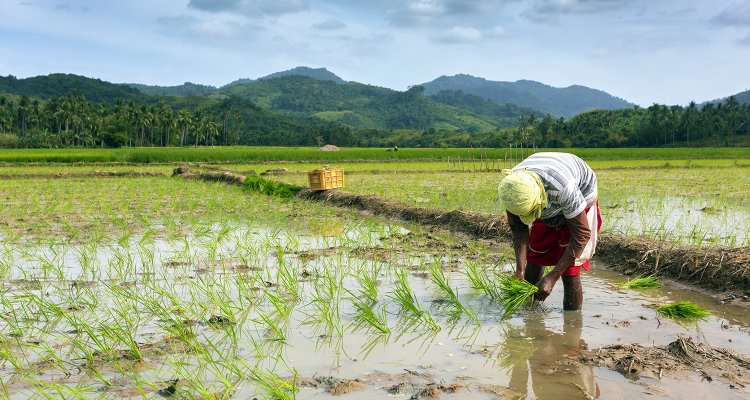
News
Should the EU allow CRISPR-Cas?
In June this year, the European Commission will issue a new directive on the authorization of use of CRISPR-Cas, a genetic modification (GMO) technique, in crop breeding. In 2018, the EU was still voting against authorizing its use. An interview with four WUR experts on the opportunities and bottlenecks for CRISPR-Cas in crop breeding.
John van der Oost, Professor of Microbiology, CRISPR-Cas pioneer
‘That CRISPR-Cas techniques are at least as safe as older techniques is now widely accepted by researchers. Mutagenesis, the alteration of DNA by radiation or chemicals, produces far more undesirable changes to DNA than CRISPR-Cas. And the EU allows that. I often compare them to a scalpel and a chainsaw: CRISPR is the scalpel.
‘But I’ve realized over the past few years that opposition stems partly from fear of the power of big companies – a fear of multinationals trying to control the entire food market. And that is certainly undesirable: we must use the technique for the common good. So in Norway it was decided that minor DNA modifications are acceptable, provided they benefit society and the planet. I think that approach is worth trying.
Opposition stems partly from fear of the power of big companies.
‘We agreed a year and a half ago to release our patents on CRISPR-Cas to non-profit organizations. At the same time, it proved difficult to find paid collaborations in the plant world with those patents. In Europe, the rules are too strict and outside Europe, collaborations have already been established. Now we are working with WUR colleagues and IRRI, a rice research institute in the Philippines. We are going to look at how to adapt rice plants so that they will survive rising temperatures by developing resistance to drought and salt. We feel rather ambivalent about taking this overseas: we are using a solution that is not allowed here. But luckily this enables us to use our expertise in a good cause somewhere else.
‘Incidentally, the products now coming onto the market with modifications using CRISPR techniques are a bit disappointing. Apples that do not brown quickly, for example, or extra healthy tomatoes. Are these things we are all waiting for? But the potential is great, and therefore so are my expectations.
‘I hope the authorization procedure for CRISPR-Cas will now be made easier; it’s high time it was. I am cautiously optimistic. But then again, I was optimistic in 2018 too, and that didn’t go the way I expected and hoped it would.’
- Read interviews with the 3 other experts at Resource-online.nl